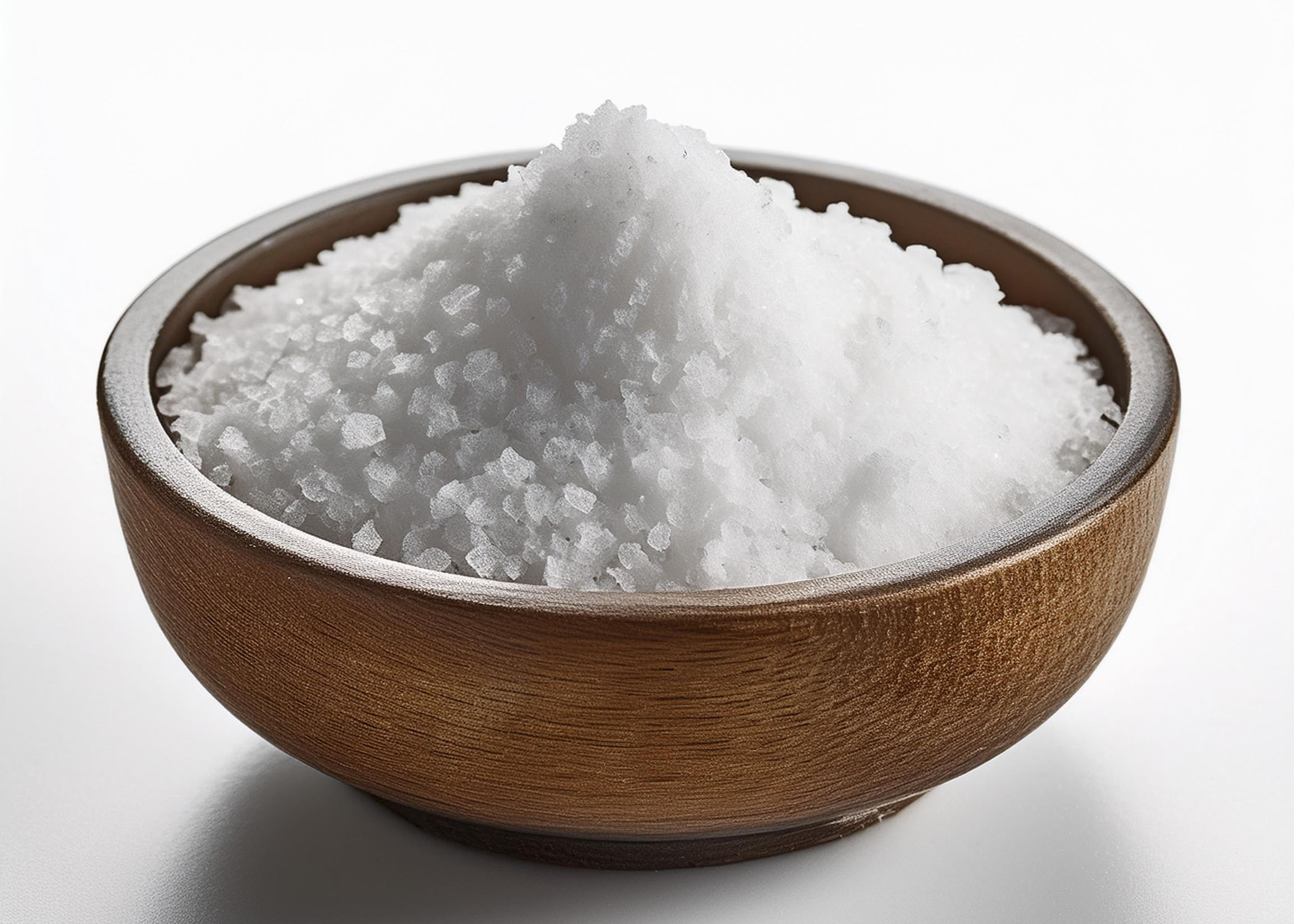Kosher salt is a versatile and widely used type of salt that stands out for its coarse texture, pure flavor, and its importance in both cooking and traditional Jewish practices. Unlike table salt, which is finely ground and often contains additives like iodine, kosher salt is made of larger, irregular grains that are free of additives, making it a more natural and pure seasoning option. Its name, “kosher salt,” stems from its historical use in the koshering process, where it was used to draw blood from meat in adherence to Jewish dietary laws. However, despite its name, kosher salt itself is not inherently kosher, but its role in kosher food preparation gives it its unique identity.
One of kosher salt’s primary benefits in cooking is its texture. The larger, coarse crystals make it easier to pinch and distribute evenly over food, allowing for better control over seasoning. Chefs particularly love using kosher salt because it adheres well to food and dissolves more slowly, providing a more gradual and layered seasoning process compared to finer salts. This makes it perfect for seasoning meats, vegetables, and even baking, where precise control over salt is often crucial.
Kosher salt’s neutral flavor is another key characteristic that sets it apart. Without the additives found in iodized table salt, it has a clean, pure taste that enhances the natural flavors of dishes without imparting a metallic or overly salty taste. This makes it an ideal seasoning for everything from savory dishes like roasted vegetables and grilled meats to delicate recipes like homemade bread and desserts.
In addition to cooking, kosher salt has practical uses in various preservation processes, including pickling and brining. Its larger grain size helps draw out moisture, making it excellent for curing meats and creating flavorful brines for pickles or other preserved foods.

